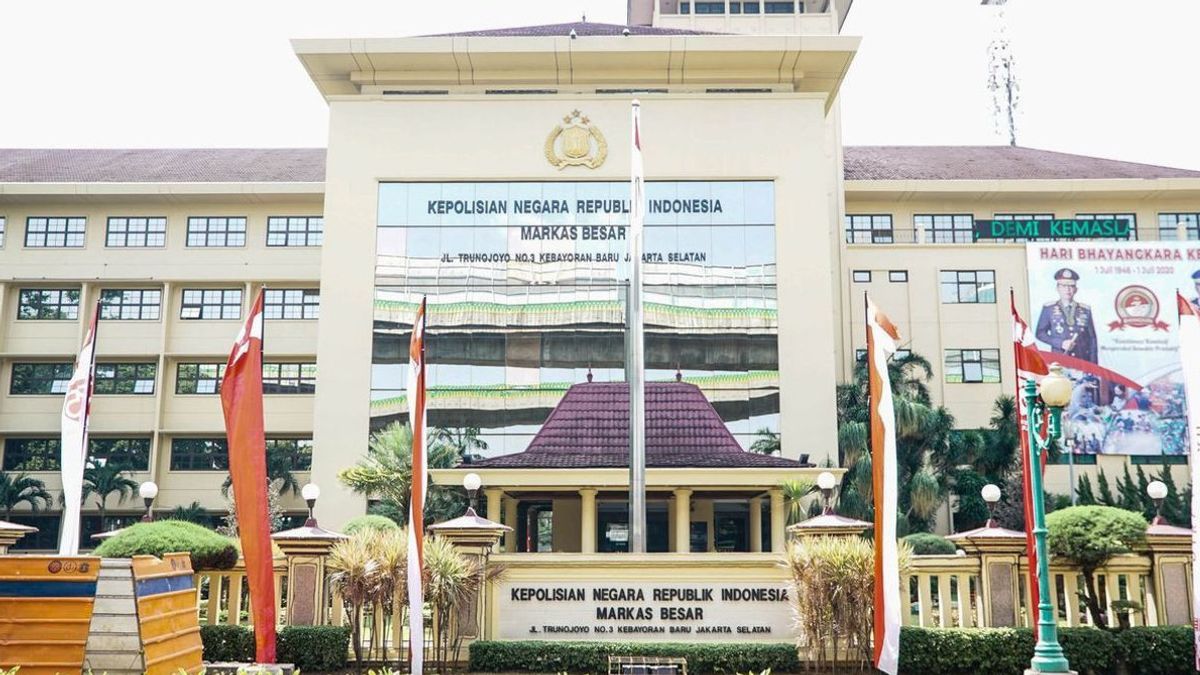JAKARTA - Criminal Law expert at Diponegoro University (Undip) Semarang, Umi Rozah, assessed that law enforcement officers have been responsive by bringing up various national legal instruments to enforce restorative justice in the criminal justice system in Indonesia.
"I think it's a very responsive move. Law enforcement officials, ranging from the National Police, the Attorney General's Office, to the Supreme Court are responsive in enforcing restorative justice through national legal instruments," said Umi Rozah as quoted by Antara when she was a resource person in a dental national webinar with the theme "Reviewing Perja Number 15 of 2020 concerning Termination of Prosecution. Based on Restorative Justice: Solution or Illusion”, Monday 17 January.
He explained this when he was a resource person in a national webinar entitled "Reviewing Perja Number 15 of 2020 concerning Termination of Prosecution Based on Restorative Justice: Solutions or Illusions" which was broadcast live on Edu Shallman's YouTube channel, monitored from Jakarta, Monday.
Umi Rozah explained the national legal instruments that support the enforcement of restorative justice in Indonesia, including Article 51, 54 paragraph (1) letters j and k, and Article 70 of the Draft Law on the Criminal Code (RUU KUHP).
“This Criminal Code Bill focuses on justice, especially restorative justice. In it, there is Article 51 concerning the purpose of sentencing in the sense of restorative justice is to resolve conflicts in society, restore balance, and bring a sense of security and peace. In addition, it is also stated that imprisonment is the last resort. This means that if the perpetrator has compensated the victim, it may not be sentenced to prison, "explained Umi Rozah.
Then, he continued, there is also Law Number 11 of 2012 concerning the Juvenile Criminal Justice System, Circular Letter of the Chief of Police Number 8 of 2018 concerning the Application of Restorative Justice in the Settlement of Criminal Cases, and Regulation of the Chief of Police Number 6 of 2019 concerning Criminal Investigations that allow the application of restorative justice.
"Next, there is the Prosecutor's Office Regulation Number 15 of 2020 concerning Restorative Justice and the Decree of the Director General of the General Court of Justice of the Supreme Court Number 1691/DJU/SK/PS.00/12/2020 concerning the Enforcement of Guidelines for the Implementation of Restorative Justice," added Umi Rozah.
SEE ALSO:
Therefore, according to him, the enforcement of restorative justice in Indonesia is not an illusion or wishful thinking, but always strives to be enforced in the criminal justice system.
Restorative justice is an alternative in the criminal justice system by prioritizing an integral approach between perpetrators and victims and the community as a unit to find solutions and return to the pattern of good relations in society.
The English, Chinese, Japanese, Arabic, and French versions are automatically generated by the AI. So there may still be inaccuracies in translating, please always see Indonesian as our main language. (system supported by DigitalSiber.id)















